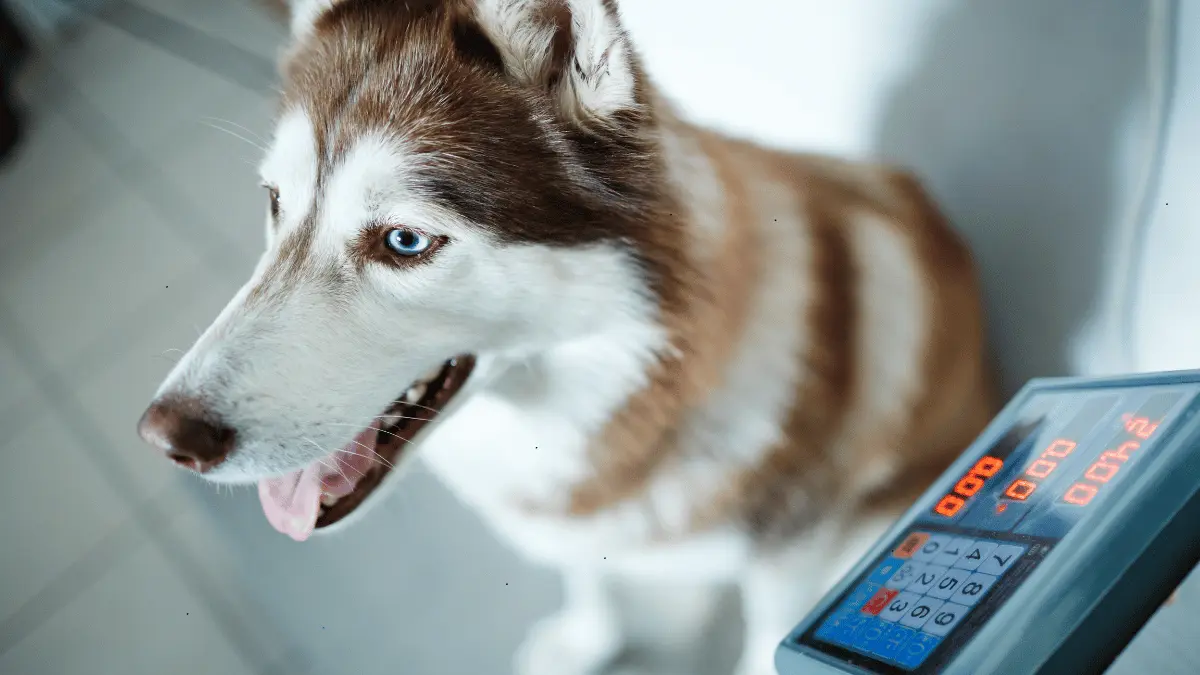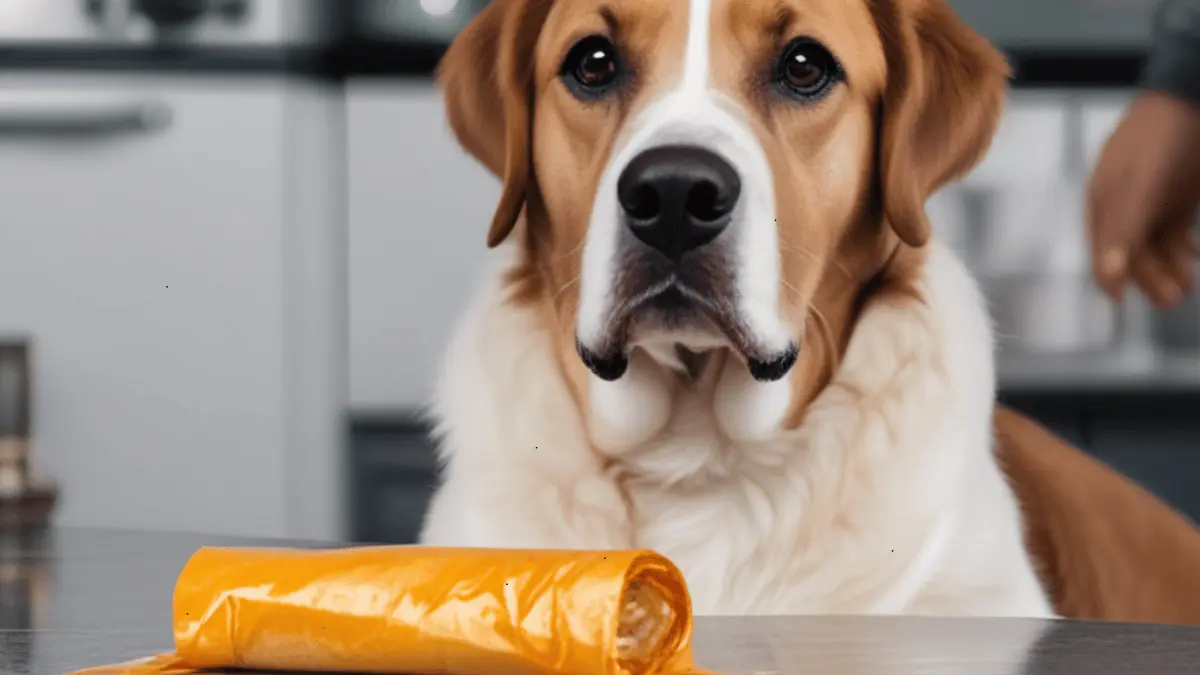This Is Why Some Dogs Sneeze When They Play
Have you ever noticed your dog sneezing while playing? It might seem odd, but there’s actually a perfectly reasonable explanation for this behavior. Let’s dive into the science behind why dogs sneeze when they play.
The Role of Excitement and Stimulation
Dogs are incredibly expressive creatures, and their sneezes often reflect their level of excitement and stimulation. When they’re engaged in playful activities, their brains release endorphins, which can lead to a range of physical reactions, including sneezing.
The Connection to the Vagus Nerve
One of the key factors involved in dog sneezing is the vagus nerve. This long, complex nerve runs through the body, connecting the brain to various organs, including the heart, lungs, and digestive system. When a dog becomes overly excited or stimulated, the vagus nerve can be triggered, leading to a sneeze or two.
The Reflexive Nature of Sneezing
Sneezing is essentially a reflex, a natural response to irritants in the nose or throat. In dogs, these irritants can be caused by dust, pollen, or even excessive excitement. The body’s way of clearing these irritants is to sneeze.
Other Possible Explanations
While the above explanations are the most common, there are a few other factors that might contribute to dog sneezing during play:
- Nasal Congestion: If a dog has a cold or allergies, their nasal passages might be congested, making them more prone to sneezing.
- Foreign Objects: Occasionally, a dog might accidentally inhale a foreign object, such as a piece of grass or a toy, which can trigger a sneeze.
Dog sneezing during play is a normal and often harmless behavior. It’s a result of a combination of factors, including excitement, vagus nerve stimulation, and the body’s natural reflex to clear irritants. If you’re concerned about your dog’s sneezing, it’s always a good idea to consult with your veterinarian.
Keywords: dog sneezing, why dogs sneeze, dog behavior, vagus nerve, excitement, stimulation, nasal congestion, foreign objects, pet health














